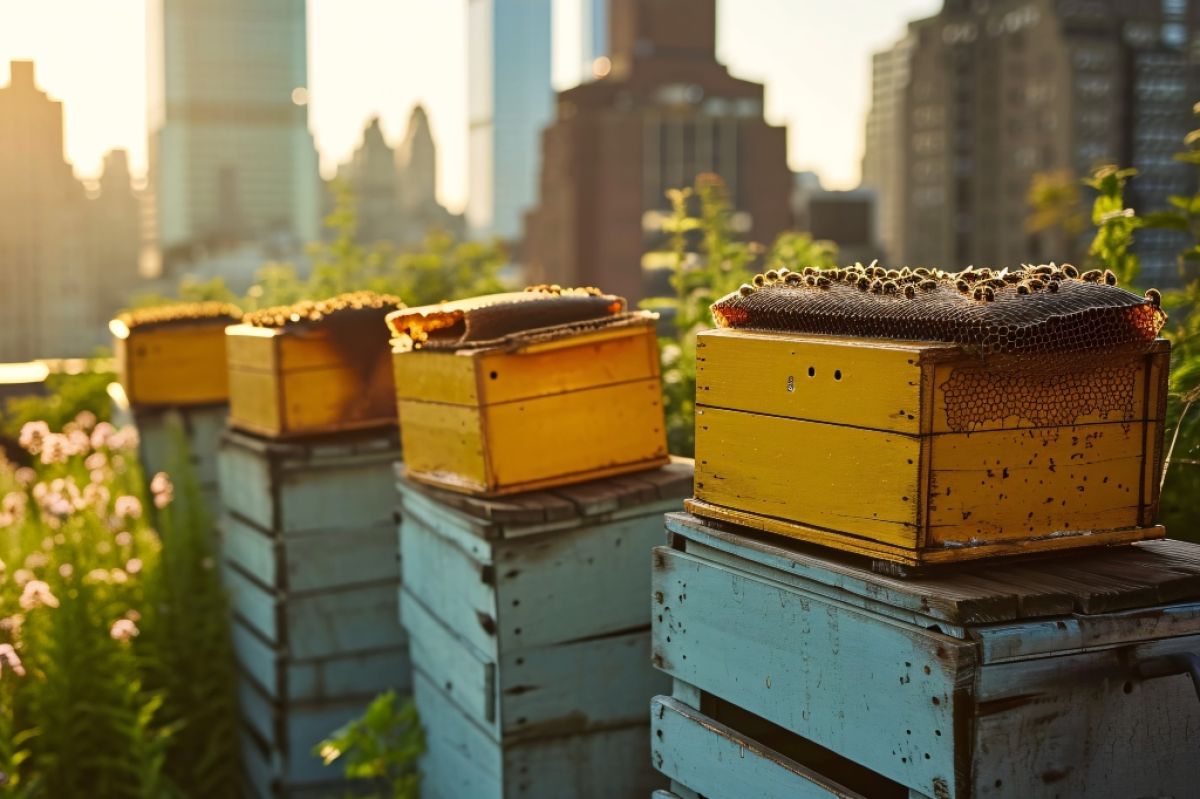"Sometimes in life, it’s necessary to wander, to get lost. But finding your way back home can be fraught with its own wandering, a curvy pathway of memories good and bad. You’ve heard the cliche, the grass is always greener on the other side. Not always though. Sometimes the grass isn’t green anywhere. What is it we lean toward, when we think about home? Hope? Nostalgia? In this yearning, it says a lot about who we are, what we’ve become."
Daniel Lassell grew up in Kentucky and lives in Bloomington, Indiana. His first poetry collection, Spit, was selected by Gabrielle Calvocoressi as the winner of the 2020 Wheelbarrow Books Poetry Prize. He is also the author of Frame Inside a Frame (forthcoming, 2025) and two limited-edition poetry chapbooks, Ad Spot and The Emptying Earth.
Welcome to the Poets Weave. I'm Romayne Rubinas Dorsey. Daniel, what poems have you brought for us today?
Evolution Chart
I shake my hands over a sink like my great-aunts did,
two women who lived together
among perched tobacco, sliced halves of fruit,
jaundiced tabloids, sharing with me
handfuls of candy, blue and red chocolate beads,
while plucking out their favorites,
the green ones, and holding them up, between
their thumbs and index fingers, dimes just high enough,
so that the light of porch windows offered the cocoa shells
a good melting. Their house had been a schoolhouse
a century ago, its bell still there, the yard a yard for play,
then a backyard, one land. How things do linger.
When I was a child on my father’s shoulders,
I’d touch my hands to a ceiling and call it
my second floor. To travel your childhood means
never to age. Watch. I am attempting as far back
as time will take me. Already, I am somewhere else.
I hold my hands to a towel, cover them,
the surface like fur, and I think maybe this feeling
recalls some earlier animal.
------------------------------------
Tussle
an irony that a city too
wishes to be among a farm
and the highway sides
nudge openly with weeds
how flower boxes
tend doorways and sills
how gardeners shape bushes
into absent animals
is a fountain mimicry
is landscaping devotion
a practice at religion
the awnings of branches
fill up with new air
people feast upon mulch
and what are landmarks
without passage
what are holes in gutters
if not light upon wounds
it all drips into puddles
gently arranged rocks
to decorate a void
to accompany a life
a without and so
a farm equals a city
a city a farm
one spiraling blur
one wilderness
an against and with
a window
and what beyond it
-------------------------------
The Way Home
I look into an amber-necked bottle
and remember the route
as a calligraphy of tree branches,
the winter’s bone-filling wet.
From our family van, I would see
the power company’s bulbless
walls, a lineage of wires,
the elderly draft horse, his head
lowered over grass clumps,
so many abandoned threshers
and round bales wrapped too tight
like plaster. Homesickness can howl
a kind of guilt, as I am guilty
to think a place my own.
Every land begets and receives
a trauma: dynamite-blasted
highways, flint shards in creek beds,
smoke where animals
flee upon burning paws.
I take sips to open my mouth,
but my ears, my ears.
-------------------------
Taking Care
A man in frayed overalls
lost his house to fire last week,
and now his family wades
between the couches
of friends.
Two, three children.
And yet, he has refused
my family’s help,
instead has arrived
with our neighbor
to help us.
We build a small fence
to keep our dogs in,
so they don’t go sniffing out
to where rain has made
the pond swell, where fish
blister and flap, wary-eyed,
in a basin of run-off.
Because dogs love to end
suffering with just a little more,
they would come back
wearing parched blood
and scales on their coats,
apple skins
—O that dying smell.
You could see plainly
how the fish had been
torn without reverence,
how our dogs had taken
sorrow and made it
their joy
—which on some level,
the man in overalls must be
trying to do,
parsing the earth
with each fence post,
his hands
lowering and lifting,
lowering and lifting.
-----------------------------
Late Capitalism
A delivery person
hides a package
under a doormat,
as if no one can see
the lump, as all
these deceiving things
become tradition,
terrible procedures
that won’t end.
You've been listening to the poems of Daniel Lassell on the Poets Weave. I'm Romayne Rubinas Dorsey.







